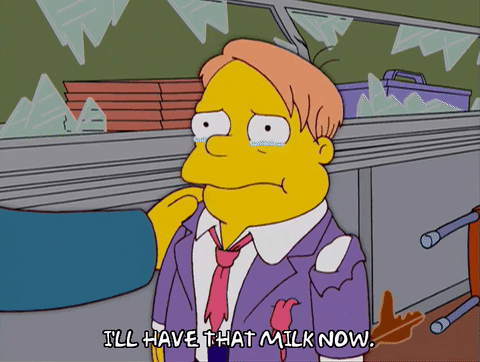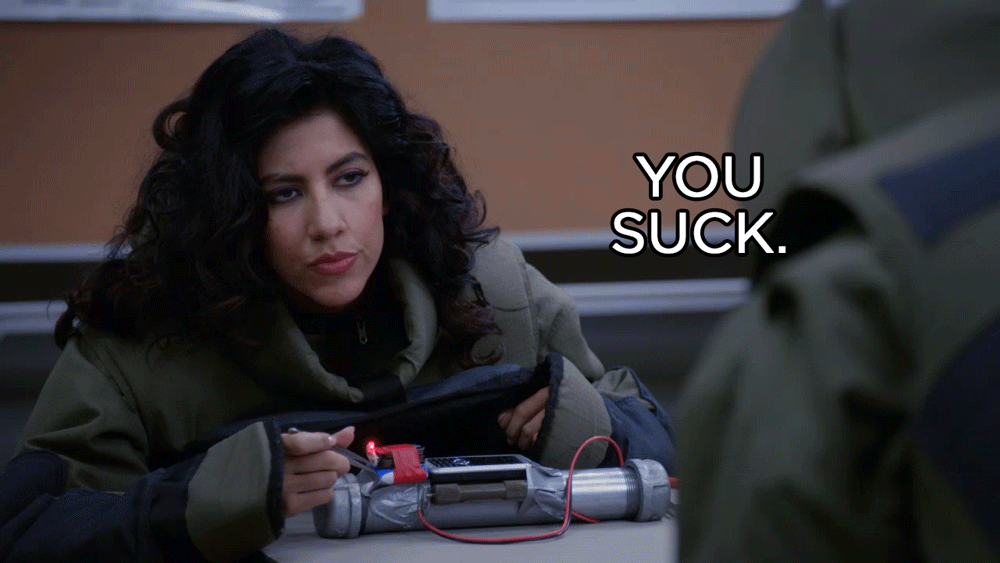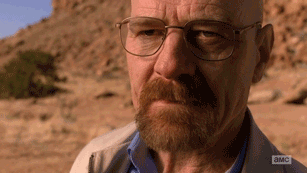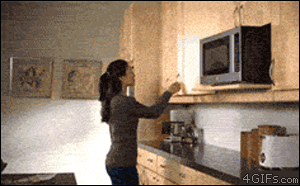"Want more more more milk?"
I pause what I'm doing and look over at my 2-year-old daughter, who's holding out her pink, plastic straw cup, the dregs of her last eight ounces of milk pooling at the bottom.
"Really?" I ask her. "What about water? Do you want water?"
"No," she says defiantly. "Want more more more milk?"
I sigh. At least she isn't asking for The Beverage Which May Not Be Named. (Juice.)
"Can you say 'please'?" I ask, coaching her.
"Please," she says, her voice a mix of pleading and desperation and despair.

I sigh again, push my chair back from my desk, and take the cup from her. I walk into the kitchen and pour her what is probably her eleventy billionth cup of milk. "Thank you!" she squeals, hugging the cup to her chest and then sucking milk through the straw.
"You're welcome," I say, resigned. It is skim milk. How bad could it be?
RELATED: Sad But True: Motherhood Has Made Me a Nag
Last month, the New York Time's Ask Well column provided me with my answer. "Can A Child Drink Too Much Milk?" shrieked the headline in my inbox and, because I had truly wondered about this as of late, I clicked. What I learned is that, "as with most healthy things, too much of a good thing is probably not a good thing," this bit of wisdom courtesy of pediatrician and researcher Jonathon Maguire.
The column goes on to cite the 2015 Dietary Guidelines for Americans, which recommend that girls between the ages of 1 and 3 consume just two to three cups of milk per day. "Five to six cups of milk … is excessive," says Angela Lemond, a spokeswoman for the Academy of Nutrition and Dietetics.
Well shit, I thought to myself. There's just no winning. Is there?
What else am I probably fucking up despite the best of intentions?
I Try to Nurture a High Sense of Self-Esteem
I grew up shy, anxious, and with a low sense of self-esteem. Not through any fault of my parents, mind you, but I can't help wanting to prevent similar tendencies in my daughter. Because of this, I constantly point out how smart she is. How talented she is. How adorable she is. How she is the most perfect child that ever existed. But some psychologists see this sort of positive reinforcement as dangerous. It can allegedly lead to an intolerance for weakness and difficulty in others, and an even greater intolerance for imperfections in themselves.
Well, in that case…

I Child-Proof Her Life
I try not to be a helicopter parent but, at the same time, I am a neurotic crazy person. So we have locks on the cabinets and garbage cans and we have safety gates at the tops and bottoms of stairs and when she is playing on the jungle gym at our local playground, my heart is constantly in my throat and I can't help sprinting over to catch her every time she veers too close to an edge. I do this despite having interviewed anthropologists about the benefits of free-range parenting. And according to Science, this means that my daughter will grow up without strength, confidence, or character.

I Help Her Out When She Asks for It
On the one hand, I know it's good for my daughter to figure things out for herself. On the other hand, I want her to know that her voice means something, and that I'll be here for her when she needs me. But helping her out whenever she asks me to take the lid off of a Tupperware, or to take the lid off the Play-Doh, or to take the lid off an old sippy cup (she's really terrible at lids) decreases her chances of becoming an independent, self-sufficient, autonomous adult.

I Try to Give Her a Sense of Personal Agency
I try so hard not to enforce rules whose only reason for existing is "because I said so." Again, I want her to know early on that her words mean something. That "yes" means "yes" and "no means no" and "give me that cupcake" means "give me the damn cupcake now." So I don't force her to eat anything she doesn't want. And I let her read books in her crib in the morning if she doesn't want to eat breakfast right away. And I don't force her to give hugs and kisses to her relatives if she doesn't want to.
RELATED: How to Keep Your Cool When Your Toddler is Losing Hers
But yesterday, on a day when we usually go to the library for story time, she insisted that she didn't want to go. Instead, she wanted to go food shopping, which is something I had been planning to do with her after story time anyway. So I took her at her word and we skipped story time. But afterward, I felt guilty. Was I feeding into her social anxiety? Was I sabotaging her chance to learn about perseverance and commitment? Was I not giving her the chance to be brave?
As a women's health writer, I always keep abreast of the latest studies on how this or that style of parenting is bound to destroy our children. And I watch as recommendations change and shift over time, making something that was safe one year mortally dangerous the next.
For the most part, I just file away what resonates with me, and ignore the rest. Other than that, all I can do is choose what I feel is right in any given moment.
After all, there's just no winning anyway. Right?




